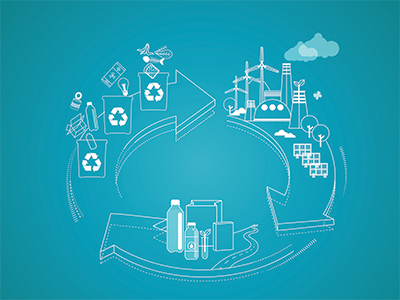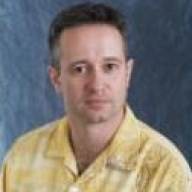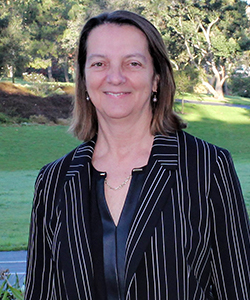Saphores and Schoenung Receive REMADE Awards for Circular Economy Research

Jan. 11, 2022 – Two UC Irvine engineering researchers have received REMADE Institute awards for their projects that would help the country move toward a circular economy, which focuses on making, using, reusing, remanufacturing and recycling.
Established by the U.S. Department of Energy in 2017, the REMADE Institute is a 132-member public-private partnership whose mission is to reduce energy consumption, decrease emissions of greenhouse gases and accelerate the nation's adoption of a circular economy. It selected 23 projects for the latest round of funding, awarding a total of $33.2 million for new technology research.

Jean-Daniel Saphores, principal investigator and civil and environmental engineering professor, won $2 million for his project to make recycling more effective by upgrading the California Statewide Forecasting Model. This will allow researchers to model and forecast reverse flows of metals, e-waste and plastics and estimate their associated energy use and greenhouse gas emissions.
“We are discarding a lot of valuable resources: metals, glass, fibers or rare metals in electronic waste instead of reusing these materials,” said Saphores. “But right now, we don’t have a good understanding of their flows. What happens to the waste that households generate? What happens to discarded materials from various firms?”
Saphores and his collaborators (Stephen Ritchie and Diego Rosso from UCI and Shelie Miller from the University of Michigan) will model flows of waste and recycled materials, conduct life-cycle assessments and coordinate with CalRecycle. They will also conduct interviews with select waste management firms, e-waste processors, scrap metal haulers and county hazardous waste landfills (for e-waste) to better understand the economics of transporting, processing and reusing metals, plastics and e-waste as well as the current legal barriers. They are working with a startup firm called TruckPay.com, an app that helps truck drivers track what they ship, to add tracking of greenhouse gas emissions.
“Our goal is to provide policymakers with a working tool and outline a policy road map that will allow us to meet REMADE’s target performance metrics on the consumption of primary feedstock, energy use and greenhouse gas emissions,” stated Saphores in the project abstract. “Although we will be focusing on California, our approach will be applicable to other U.S. states, and we will outline what data and model extensions are needed to build a U.S. model.”
He added, “Hopefully it will have a lasting impact and bring us closer to a more circular economy, a more sustainable economy where we discard less, use less energy and do more with what we have.”

Julie Schoenung, professor and chair of the Department of Materials Science and Engineering, also won REMADE funding for work that is a continuation of an earlier exploratory grant led by researchers at the University of Pittsburgh. The project aims to create a decision-making framework to evaluate the manufacturing, performance, cost and environmental impact of recycling solar panels.
“While solar panels are beneficial to reducing the need for fossil fuels as an energy source, they do require energy and materials for manufacturing, and create waste both due to production losses and when they reach the end of their useful life,” said Schoenung. “Thus, the goal of the project is to facilitate the design of solar panels that can be more easily recycled and the raw materials recovered for reuse either in new solar panels or in other products.
“By recovering the materials, new materials do not need to be mined and refined, thus reducing the energy needed for the overall production of solar panels and addressing an important goal of the Department of Energy, the agency funding this work.”
– Tonya Becerra
